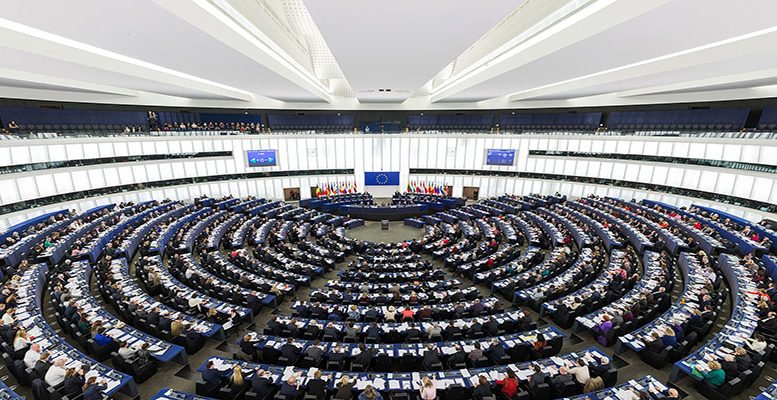The European Union is receiving with a certain scepticism the Spanish government’s intention to make Catalan, Galician and Basque official languages within the institutions. Although most countries do not yet have a fixed position, especially because the situation has arisen during the holiday period – Brussels is closed in August – many hope that Spain’s political problems do not end up spilling over into the EU-27 club.
This is the case of Hungary, the first country to make a statement on the matter, which, when asked by the newspaper El Español, assures that, although it is still “too early” to take a position, “Spain has to discuss internally and solve its problems” before taking them to the EU.
The problem for the EU countries is that the Spanish government, still in office, has pushed them into a situation in which they are going to have to make a decision. And the fact is that the change in European regulations requires unanimity in the Council.
The Minister of Foreign Affairs, José Manuel Albares, last week sent a request to the General Secretariat of the Council of the European Union to include this issue on the agenda of its next General Affairs meeting, which will take place on 19 September.
In order to change the EU regulation and make Catalan, Basque and Galician official languages in Brussels, all member states must agree. And this could stir up a hornet’s nest of identity issues in some of them, which are in similar situations, if they vote in favour of Spain’s claim.
In Italy, for example, official status has been granted for 11 languages. In the case of France, it has only one official language, but seven recognised. There are many more, and these languages often have social and political movements behind them that could demand that their country, having voted in favour of Catalan, also vote in favour of promoting other minority languages, thus reviving identity conflicts that are currently dormant.





